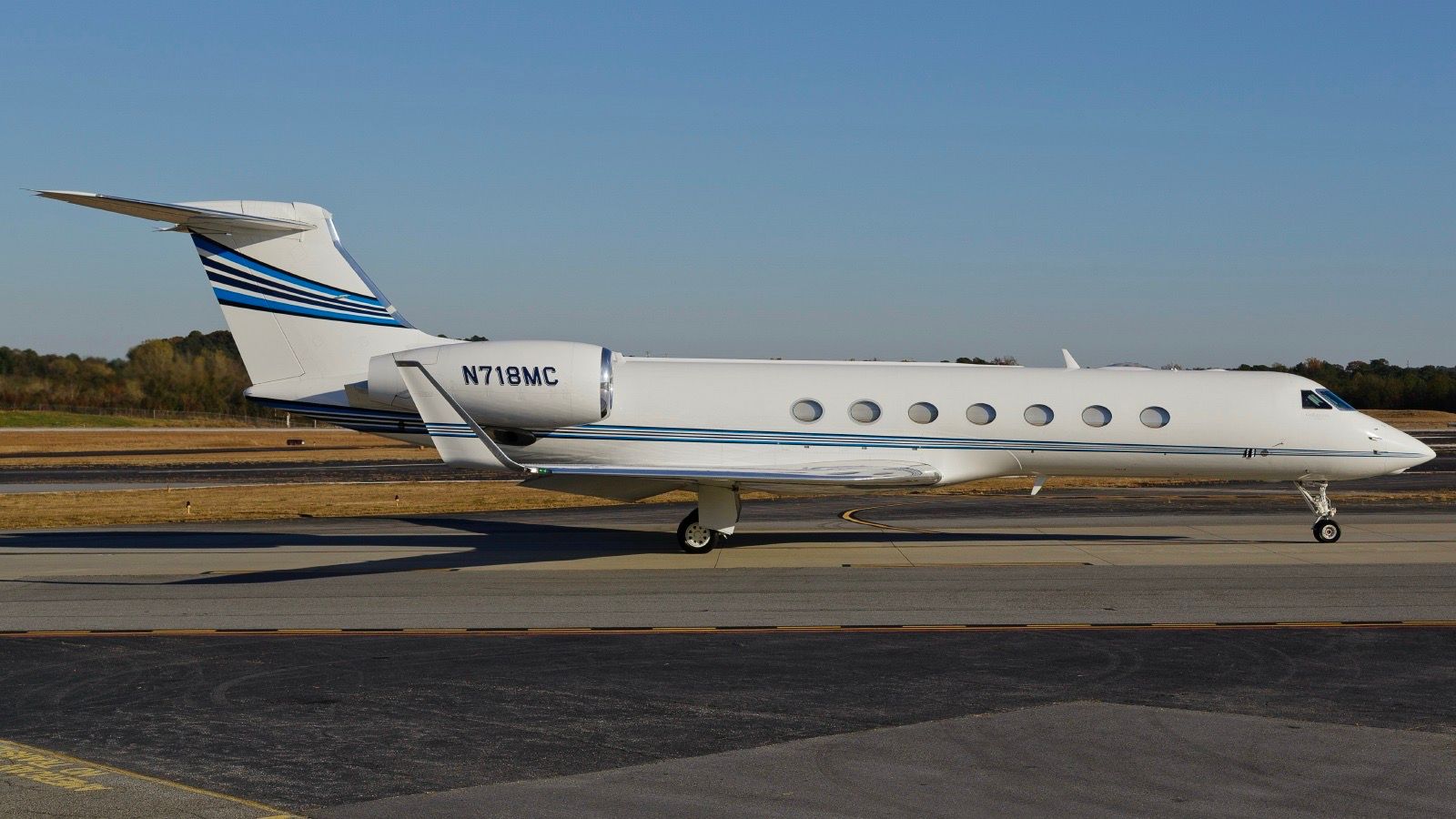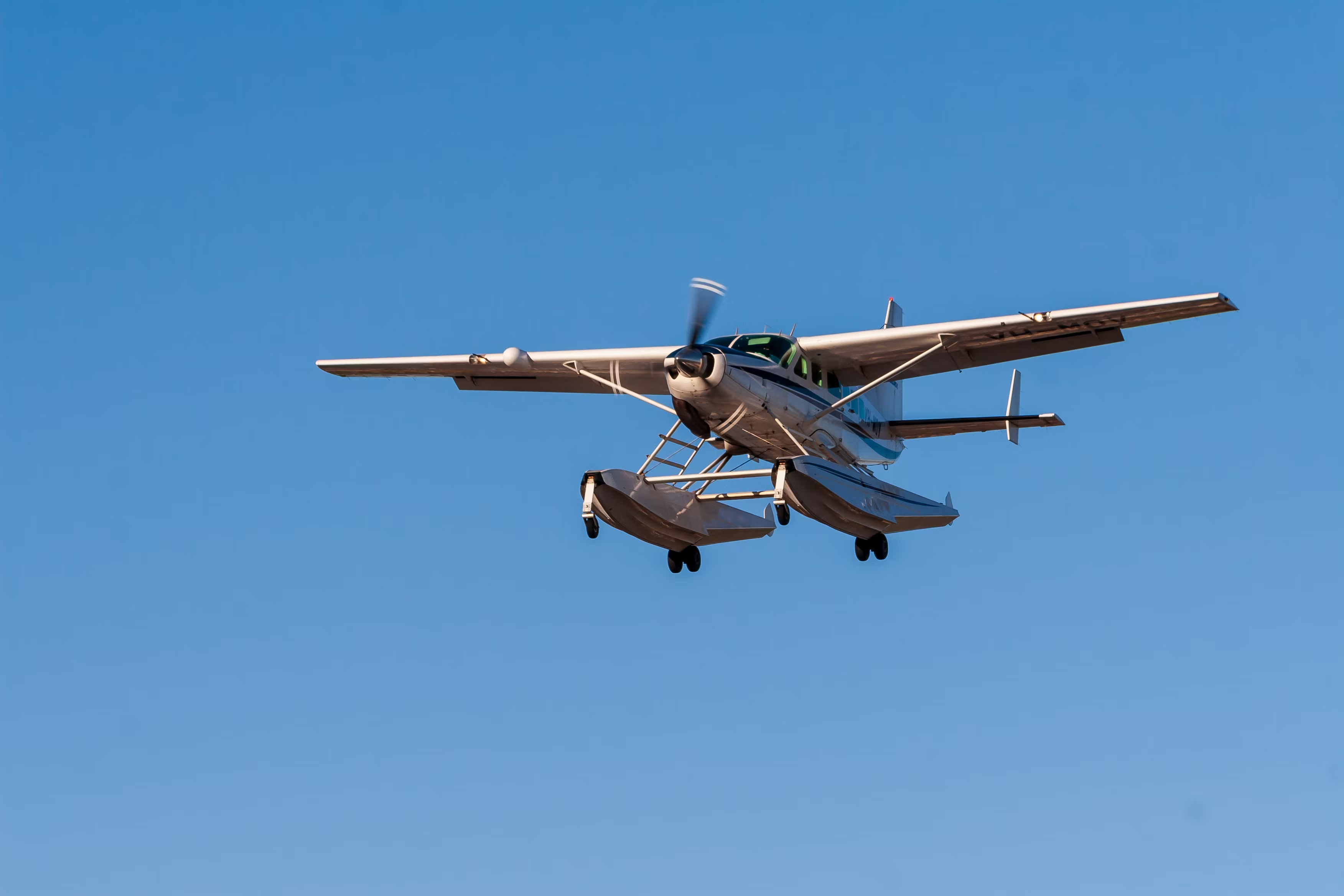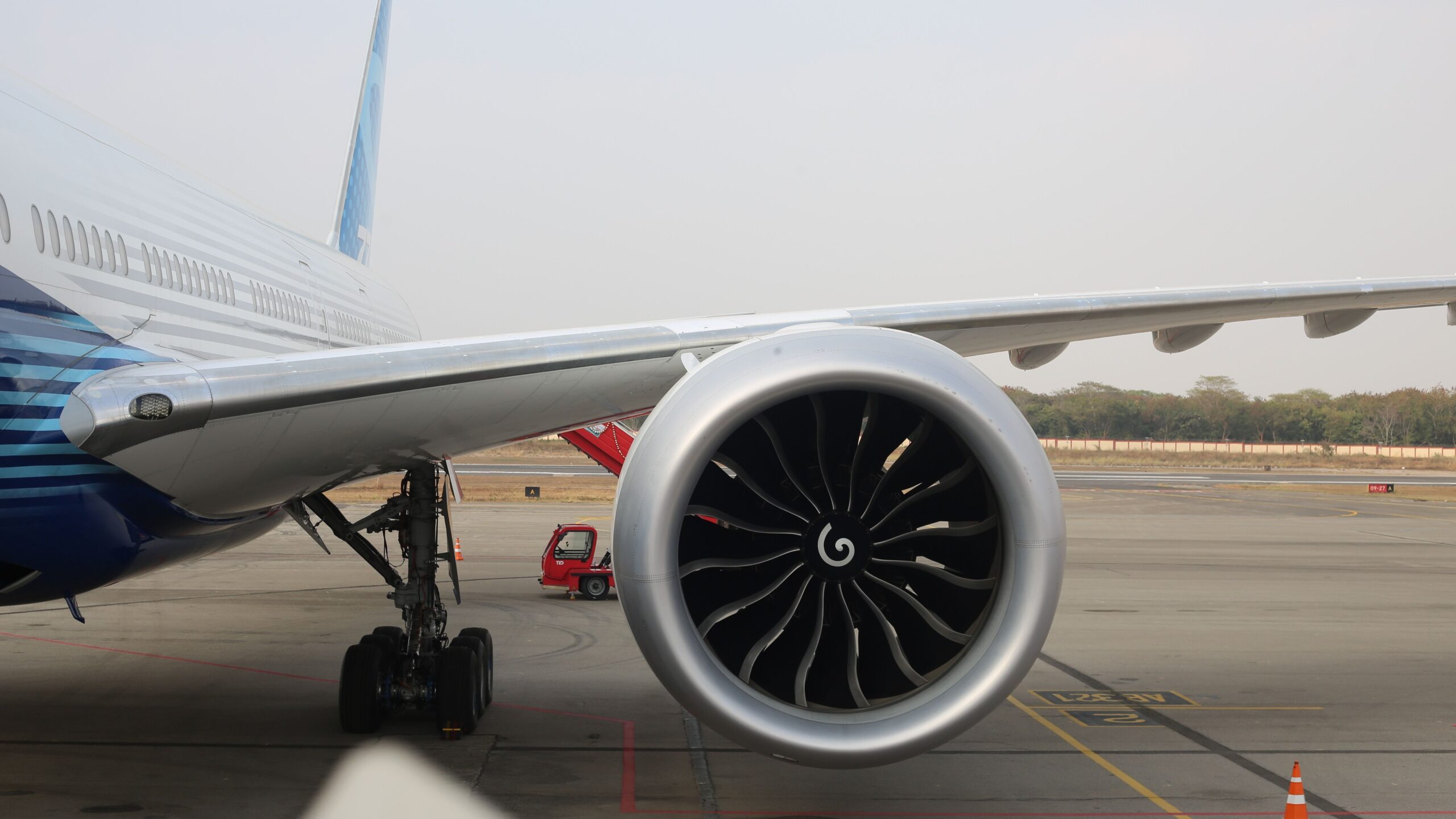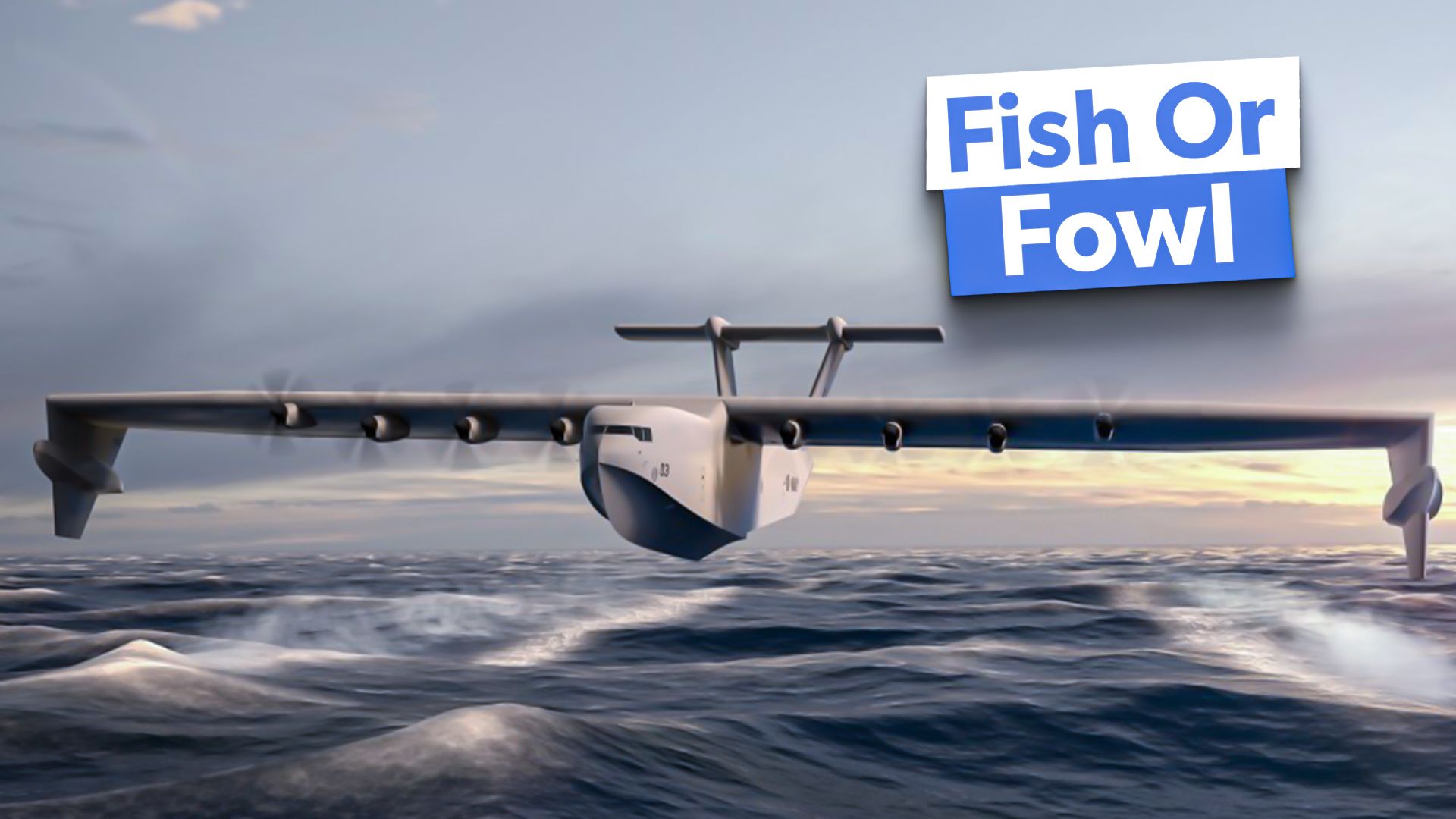Summary
- Tax benefits like bonus depreciation boost private jet ownership’s financial viability.
- Businesses can offset taxable income with expense deductions if jets are primarily used for business purposes.
- Charitable flights and jet charters offer additional tax deductions, but careful record-keeping and compliance are essential.
Owning a private jet is often seen as the ultimate symbol of luxury and success, but beyond the convenience and prestige, there are significant financial advantages — especially in terms of tax benefits.
In the United States, the tax code provides various incentives for private jet owners, ranging from depreciation allowances to deductions on operational expenses. In this article, we’ll look into the key tax benefits of owning a private jet and how these can make the investment more financially viable.
Tax Cuts and Jobs Act
According to FlexJet, the Tax Cuts and Jobs Act of 2017 introduced 100% expensing and bonus depreciation, allowing private jet owners to deduct the full cost of the aircraft in the year it was purchased and placed into service.
It’s worth noting, however, that the 100% bonus depreciation write-off of eligible property expired on December 31, 2022, and has been gradually phased out. As of 2024, the bonus depreciation is 60% – and will reduce to 40% next year. It will be completely phased out in 2027.
Nonetheless, this provision has been particularly beneficial for businesses and high-net-worth individuals looking to offset taxable income. Additionally, the IRS allows private jet owners to deduct a wide range of operational expenses associated with the aircraft.
As long as the jet is used for business purposes, these costs can be written off as business expenses, further reducing the owner’s taxable income. However, it’s essential to maintain meticulous records of all expenses and ensure that the aircraft is used for business purposes only.
State tax incentives
In addition to federal tax benefits, many states offer tax incentives to private jet owners, including exemptions or reductions in sales and use taxes on aircraft purchases. Some states, like Florida and Texas, have favorable tax climates for private jet ownership, while others may offer incentives to encourage businesses to register their aircraft within the state.
It’s crucial to research the tax laws in your state of residence and consider registering the aircraft in a state with more favorable tax policies. Additionally, working with a tax professional familiar with aviation tax law can help ensure compliance and maximize your tax savings.
Using a jet for charitable flights or charter operations
If you utilize your private jet for charitable endeavors, such as humanitarian missions or medical transport, you might qualify for deductions related to these activities, pet JetBed. These charitable deductions can help mitigate some of the costs associated with owning a jet.
Photo: Philip Schubert | Shutterstock
To ensure eligibility, make sure the charitable flights comply with IRS guidelines and qualify for deductions. Additionally, maintain thorough records of these flights and any associated expenses.
Similarly, if a private jet owner decides to charter the aircraft when not in use, the income generated can offset some of the operational costs. Moreover, the jet can still qualify for many of the tax deductions and benefits mentioned earlier, as long as the aircraft is primarily used for business purposes.
However, there are specific tax implications to consider when chartering an aircraft, including potential income tax liabilities and the need to allocate expenses between personal and business use. A tax professional can help navigate these complexities and ensure that the owner maximizes the tax benefits while complying with IRS regulations.
Business vs. personal use
It is essential to maintain meticulous records of all expenses and ensure that the aircraft is used primarily for business purposes. BDO USA states that:
“While the cost of aircraft use is generally deductible for business purposes, the costs incurred for personal use may not be deductible.”
However, that does not mean personal flights are completely non-tax-deductible. Flights that are deemed personal non-entertainment may be fully deductible, albeit it is a complex process that is dependent on several factors including jet ownership structure, employment status, and whether the trip is reported as compensation.
Photo: Bohdan Malitskiy | Shutterstock
Examples that fall into the categories of personal non-entertainment and entertainment include:
|
Personal Non-Entertainment |
Personal Entertainment |
|
Commuting, traveling for medical treatment, and traveling to funerals. |
Trips to sporting events or parties at the taxpayer’s home. |
The IRS scrutinizes these deductions closely, and improper documentation can lead to audits or disallowance of the deductions.
Conclusion
Owning a private jet in the US offers more than just convenience and luxury; it also provides a range of tax benefits that can make the investment more financially attractive. From accelerated depreciation to operational expense deductions, these tax incentives can significantly reduce the cost of ownership and enhance the overall value of the aircraft.
That said, it’s essential to approach private jet ownership with a thorough understanding of the tax implications and to work closely with a tax professional who specializes in aviation. By doing so, you can fully leverage the tax benefits available and ensure that your investment in a private jet is as advantageous as possible.






